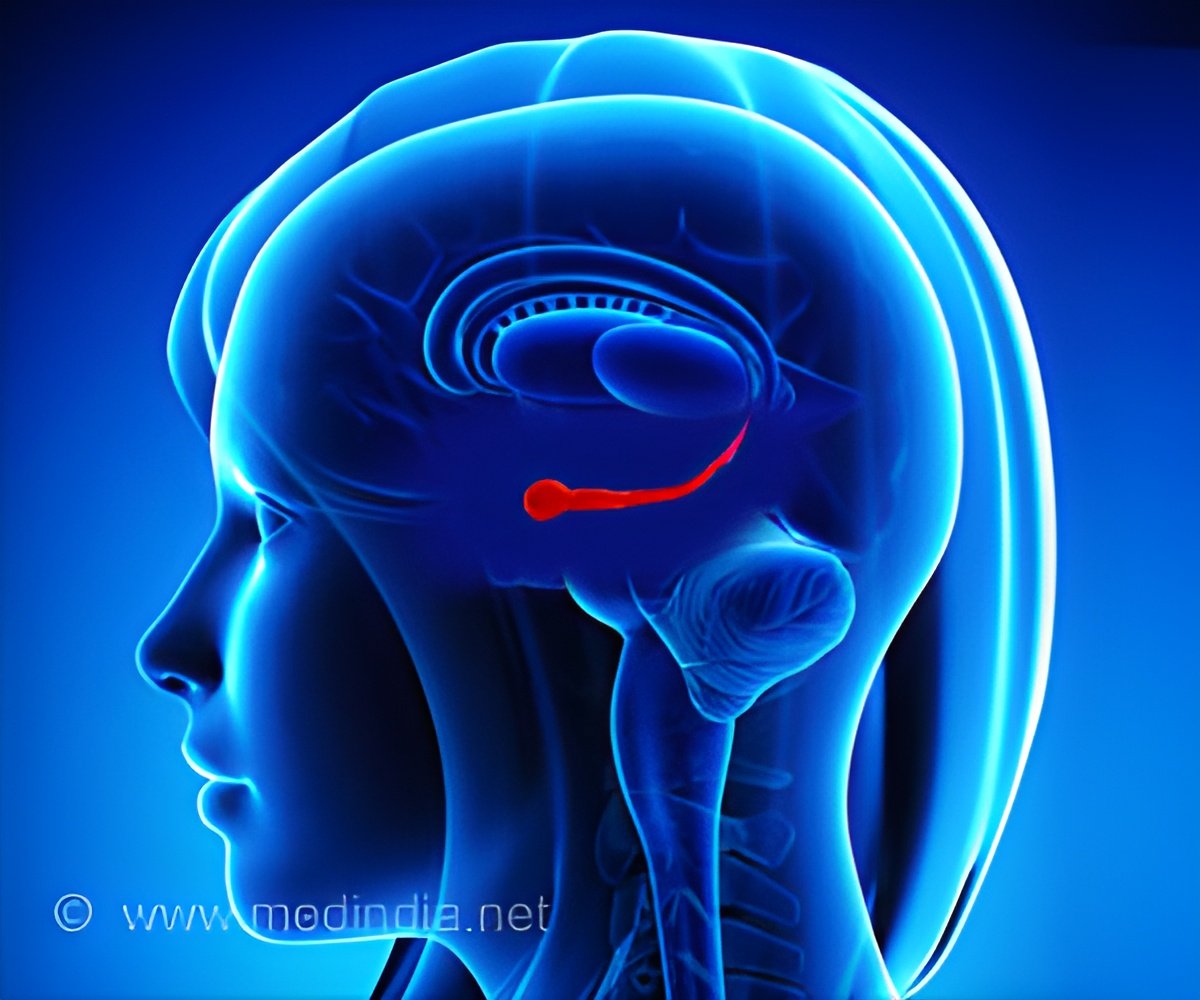
Previous research //suggests that an individual’s level of emotional distress influences pain-related impairments in working memory. However, the specific brain and psychological factors that highlight the contributions of emotional distress were not understood.
This new study used brain imaging and self-report data from the Human Connectome Project (HCP), available publicly. The project's goal is to construct a map of the structural and functional connections in a healthy human brain.
Data from 416 HCP participants were analyzed using structural equation modeling (SEM) - a statistical technique for complex modeling relationships between multiple variables.
Findings showed that in the 228 participants who reported experiencing some pain level in the seven days before the study, higher pain intensity was directly associated with worse performance on the n-back task (a commonly used working memory test).
Higher pain intensity was also indirectly associated with worse working memory performance due to increased activity in the ventromedial prefrontal cortex (vmPFC) during the n-back task. The vmPFC is involved in pain, affective distress, and cognition. These results match prior findings on the relationship between pain and vmPFC.
The lead author explained that healthy participants with even low levels of reported pain were found to have different levels of activity in the vmPFC during the n-back task than healthy participants who didn't report pain. Surprisingly, this activity pattern was more similar to patients with chronic pain than healthy patients exposed to pain manipulations in a laboratory.
On the other hand, the authors found no association between working memory performance and certain aspects of emotional distress, like anger, fear, and perceived stress.
Anderson, author, explained that studies that have looked at the relationship between pain and cognition have focused on patients with chronic pain or research participants with experimentally-induced pain. "Even though pain is a common experience for many people, we know surprisingly little about how the everyday experience of pain impacts cognition."
The researchers were able to include data from a larger group of participants because of the publicly available data. This large sample also enabled the authors to use structural equation modeling. This statistical technique allows for the understanding of complex relationships between multiple variables. The authors believe that their findings have potential implications in both clinical and non-clinical settings.
"This study highlights the real impact that pain can have on our ability to think even in healthy people, and points how this may come about in the brain," said Losin.
Source-Medindia














